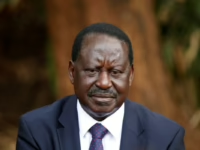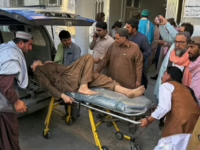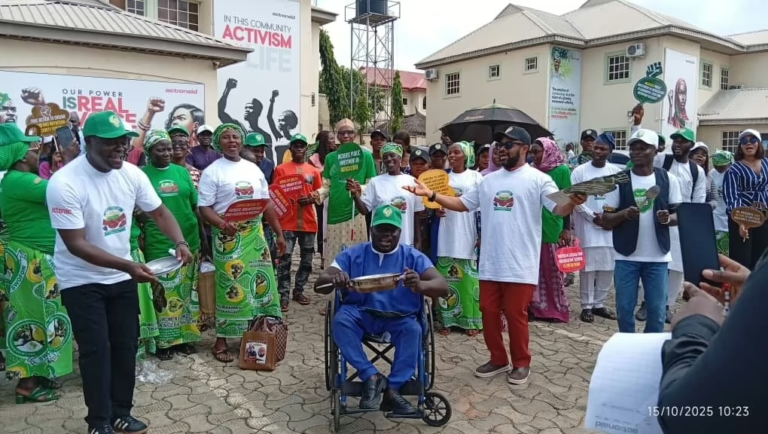On Wednesday, ActionAid Nigeria issued an urgent appeal for a unified and immediate response to combat hunger, food insecurity, and rural poverty throughout the nation. The organization highlighted that despite governmental assertions of progress, millions of Nigerians continue to endure deteriorating living conditions.
During a forum held in Abuja to commemorate World Food Day 2025, Andrew Memedu, Country Director of ActionAid Nigeria, emphasized the critical need for swift action from all tiers of government to address the escalating crisis.
He pointed out that persistent insecurity, inadequate agricultural investment, and soaring food prices are driving countless households deeper into hardship.
This year’s World Food Day theme, “Hand in Hand: A Call for Better Food and a Better Future,” underscores the collective responsibility to improve food systems.
Memedu highlighted that hunger has become alarmingly prevalent even in traditionally fertile agricultural regions like Benue, Cross River, and Kaduna, where ongoing violence and displacement have severely disrupted food production.
The organization expressed concern that many farmers are increasingly unable to cultivate or harvest crops due to insecurity and economic instability, resulting in inflated food costs and diminished access to essential nutrition.
Referencing data from the Food and Agriculture Organization (FAO), Memedu revealed that over 30 million Nigerians are currently experiencing acute hunger. He warned that despite slight economic improvements, Nigeria still ranks among the countries with the highest levels of food insecurity worldwide.
“Food is fundamental to human survival. No Nigerian should endure hunger at night. This day serves as a reminder of the vital importance of food and the urgent need for collective efforts to eradicate hunger and malnutrition,” he stated.
Memedu expressed deep concern over Nigeria’s minimal progress between 2024 and 2025, noting that food insecurity remains widespread and that ongoing insecurity continues to prevent farmers from accessing their lands during critical planting and harvesting periods.
He called for the immediate organization of a national poverty summit aimed at consolidating fragmented policies into a cohesive, enforceable national strategy for food security and poverty alleviation. “Hunger and poverty are not mere numbers; they represent harsh realities faced by millions,” he added.
Highlighting the impact of rising prices for staple foods such as maize, yam, and cassava, Memedu explained that many families have been forced to reduce meal portions and frequency, underscoring the tangible hardships behind the statistics.
He attributed these challenges to weak governance and insufficient public funding for agriculture, noting Nigeria’s failure to fulfill its Maputo Declaration pledge to allocate 10 percent of the national budget to the agricultural sector.
Furthermore, Memedu pointed out that even when agricultural funds are budgeted, only about 25 percent are actually disbursed for relevant projects.
He urged both federal and state authorities to convene a national poverty summit to unify policies and implement binding action plans targeting food security and poverty reduction.
Additionally, Memedu advocated for enhanced protection of farmers-especially smallholder producers who supply over 70 percent of Nigeria’s food-and the promotion of agroecological and climate-resilient farming methods to ensure sustainable food production.





















